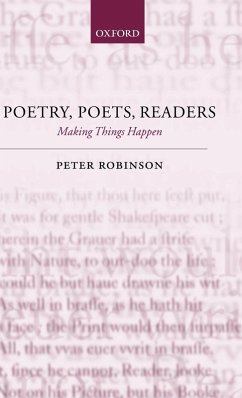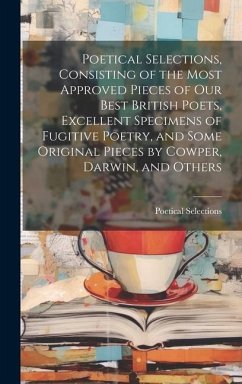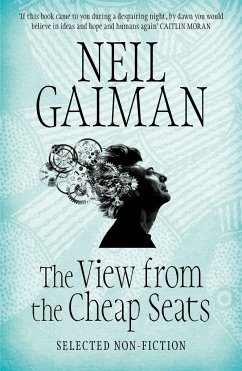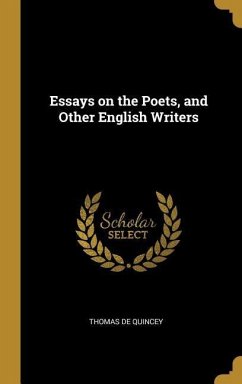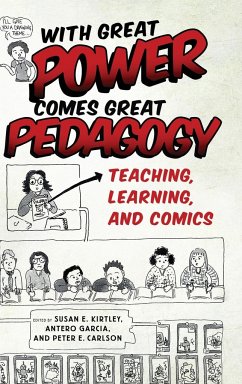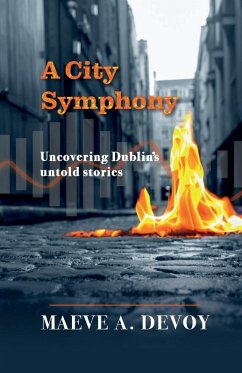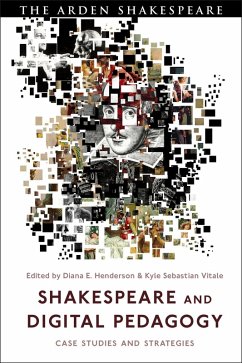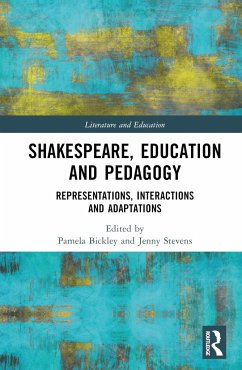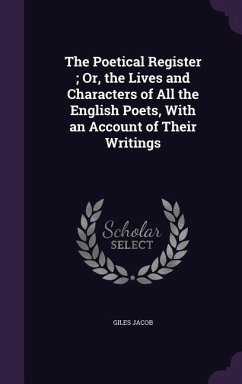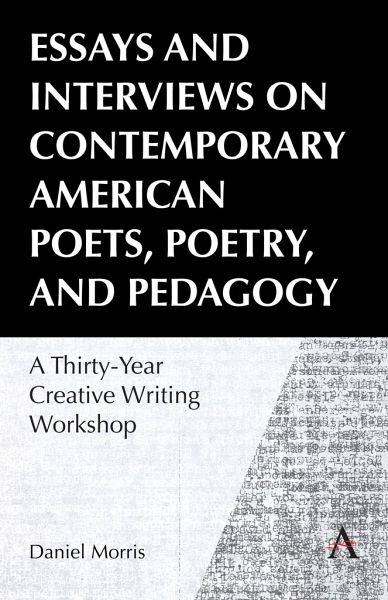
Essays and Interviews on Contemporary American Poets, Poetry, and Pedagogy
A Thirty-Year Creative Reading Workshop
Versandkostenfrei!
Versandfertig in 1-2 Wochen
114,99 €
inkl. MwSt.
Weitere Ausgaben:

PAYBACK Punkte
57 °P sammeln!
Merging autobiography and literary criticism, Daniel Morris illustrates in sixteen essays how he learned to attend to avant-garde contemporary American poets whose aesthetic contributions were not part of his education.





